Buying a Mountain Property – Knowing Wells, Septic and Other Mountain Facts
When considering purchasing a property in the mountains, understanding the intricacies of wells, septic systems, and other imperative mountain features is crucial. Ensuring the availability and quality of water from wells, maintaining septic systems properly, and navigating the unique challenges of mountain living are vital aspects to consider. From the risk of landslides to the beauty of secluded mountain views, being informed about these factors can make all the difference in a successful mountain property purchase.
Key Takeaways:
- Understanding Water Sources: When buying a mountain property, it is crucial to understand the water sources available. Wells are common sources of water in rural areas, so having a reliable well inspection done is crucial.
- Septic System Knowledge: Knowledge of septic systems is important when purchasing a mountain property. Understand the type of septic system on the property, its condition, and any maintenance requirements.
- Mountain-Specific Considerations: Mountain properties come with unique factors to consider, such as steep terrain, wildfire risk, and exposure to extreme weather conditions. Conduct thorough research and inspections to ensure the property meets your needs and expectations.
Understanding Your Water Source: Wells
The types of wells you can find in mountain properties are crucial for understanding where your water comes from. Common types include dug wells, driven wells, and drilled wells, each accessing water from different depths and sources. Knowing the right type for your property is crucial for sustainable water supply.
| Dug Wells | Shallow well dug by hand |
| Driven Wells | Uses pipes driven into the ground |
| Drilled Wells | Deepest and most reliable water source |
| Mountain Spring | Natural source of water from mountains |
| Rainwater Collection | Collection of rain for water use |
Well Maintenance and Water Quality Considerations
Wells need regular maintenance to ensure water quality and quantity. It is crucial to test well water for contaminants like bacteria, nitrates, and other pollutants regularly. Protecting the area around the well from contamination is crucial for safe water supply. Regular inspections and maintenance by a professional can help prevent costly repairs in the future.
Septic Systems in Mountain Regions
Septic System Basics for Mountain Homes
Mountain homes require special consideration when it comes to septic systems due to the unique challenges that come with the terrain and soil composition. Understanding the basics of how a septic system works and the best practices for installation and maintenance is crucial for ensuring the longevity and efficiency of your system.
Managing and Maintaining Your Septic System
To effectively manage and maintain your septic system in a mountain region, regular inspections and pumping are key. It is crucial to adhere to a proper maintenance schedule and be mindful of what goes down your drains to prevent clogs and backups. Being proactive in caring for your septic system can prevent costly repairs and protect the environment from harmful leaks and contamination.
Another important aspect of septic system maintenance in mountain regions is being mindful of heavy rainfall and snowmelt, which can overload the system and lead to backups or failures. Regularly inspecting your system and ensuring proper drainage can help mitigate these risks.
Navigating the Terrain and Weather
Building on Mountainous Land: Challenges and Solutions
For those looking to build on mountainous land, there are several challenges that need to be considered. The steep slopes and rocky terrain can make construction difficult and costly. To overcome these challenges, specialized equipment and expertise may be required. Solutions such as terracing land, using retaining walls, and strategically placing foundations can help mitigate the difficulties of building on mountainous terrain.
Preparing for Seasonal Weather Variations and their Impact
An imperative aspect of owning a mountain property is preparing for seasonal weather variations and their impact on the land and structures. Weather changes can be extreme in mountainous regions, with heavy snowfall in the winter and intense thunderstorms in the summer. It is crucial to have proper drainage systems in place to prevent erosion and flooding. Additionally, having a reliable backup power source and stockpiling imperative supplies can help in weathering any severe weather conditions that may arise.
Legal and Environmental Considerations
Zoning Laws and Building Regulations
Many aspects need consideration when buying a mountain property, with zoning laws and building regulations being key. It’s crucial to understand the zoning laws in the specific area you’re interested in and ensure that your property is compliant with these regulations. Building permits and restrictions may vary in mountainous regions, so consulting with local authorities or hiring a real estate attorney can provide valuable guidance.
Preserving the Natural Beauty: Environmental Compliance
Environmental compliance is a significant concern when purchasing a mountain property. Preserving the natural beauty of the landscape is crucial to maintain the ecosystem and minimize environmental impact. From protecting wildlife habitats to preventing soil erosion, adhering to environmental regulations is necessary. Failure to comply with these regulations can result in fines, legal issues, and harm to the environment.
For instance, before making any changes to the land or constructing new buildings, consider conducting an environmental impact assessment. This assessment can identify any potential risks or threats to the environment and provide recommendations for sustainable development practices.
To wrap up
With this in mind, it is crucial for anyone considering purchasing a mountain property to have a clear understanding of wells, septic systems, and other imperative mountain facts. Proper knowledge and preparation can help ensure a seamless transition into mountain living and prevent any unforeseen issues down the line. By educating yourself on these crucial aspects, you will be better equipped to make informed decisions and enjoy all the benefits that come with owning a mountain property. Bear in mind, being well-informed is the key to a successful mountain property investment.
FAQ
Q: What should I consider when buying a mountain property with a well?
A: When purchasing a mountain property with a well, it’s crucial to have the water quality tested to ensure it is safe for consumption. Additionally, you should inquire about the well’s yield capacity to ensure it can meet your water needs. It’s also recommended to have a professional inspect the well to check for any potential issues or the need for upgrades.
Q: What do I need to know about septic systems when buying a mountain property?
A: When buying a mountain property with a septic system, it’s important to determine the system’s age, condition, and size to ensure it meets the property’s needs. Have a professional inspect the septic system to check for any leaks, blockages, or repairs that may be needed. Additionally, inquire about the system’s maintenance history and ensure you understand how to properly care for it to prevent future issues.
Q: What are some other important factors to consider when buying a mountain property?
A: When purchasing a mountain property, it’s important to research the local zoning regulations and restrictions that may impact your plans for the property. Consider the accessibility of the property, especially during winter months, and whether it is prone to natural hazards such as avalanches or mudslides. Additionally, factor in the cost of maintaining the property, including snow removal, road maintenance, and any additional amenities such as a generator for power outages.
Jenny Baghaen
It's Nice to Share











































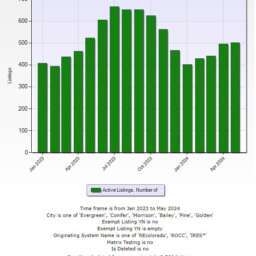




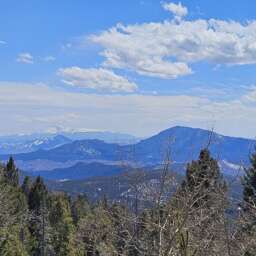







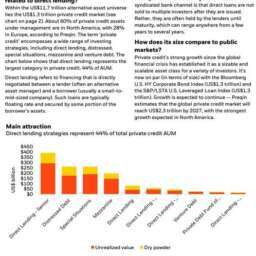






























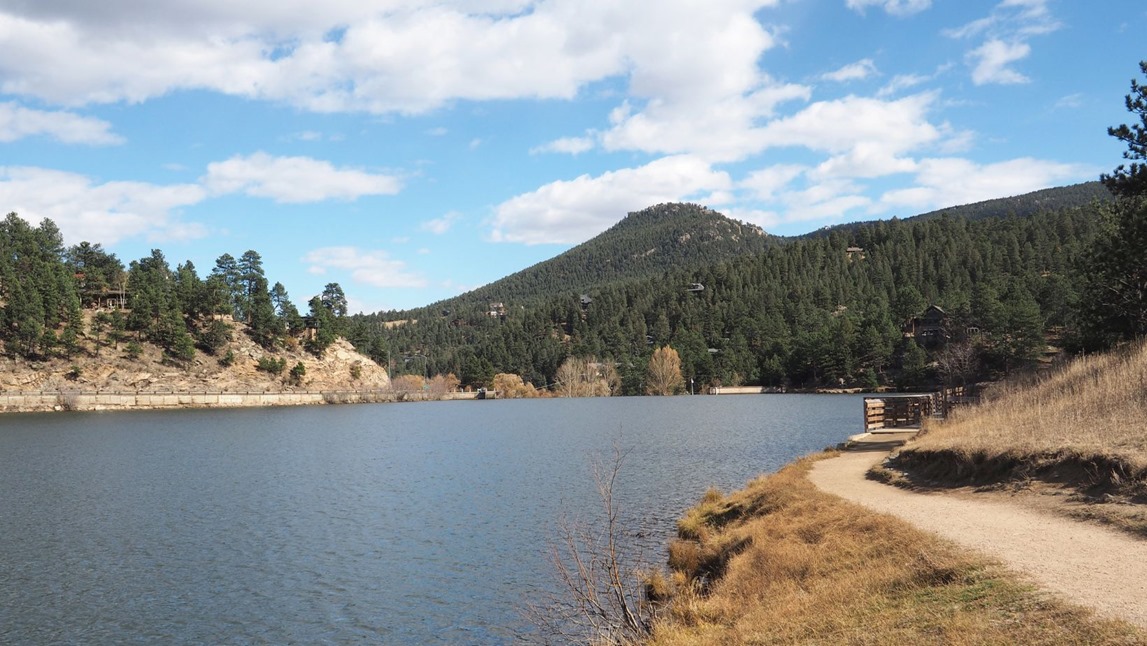
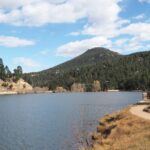
Comment, Write a Blog Post, Create Groups, Get Seen!
Comments, Opinions and Facts Go Here...👇